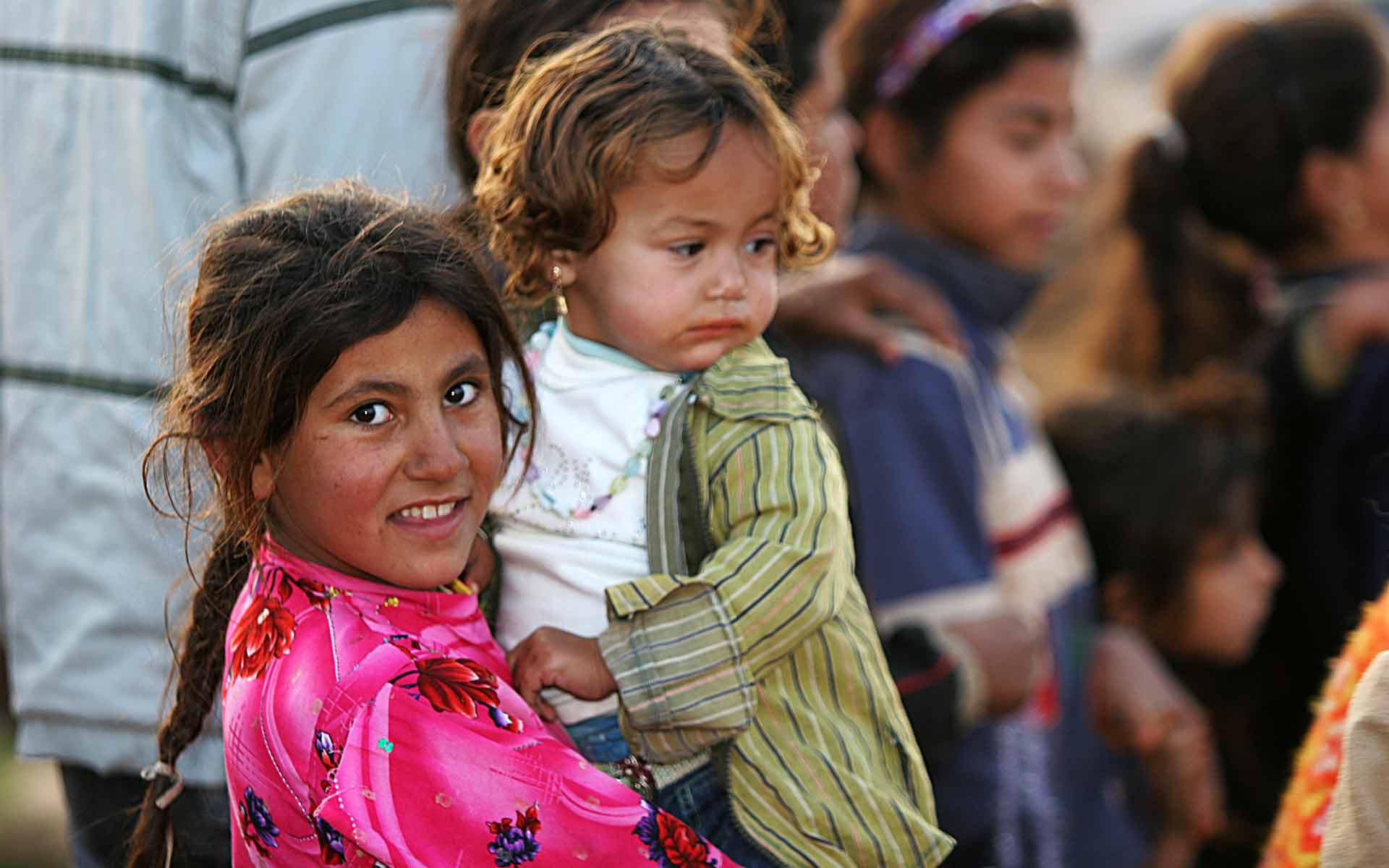The Annual Asylum Trends Report from the United Nations High Commissioner for Refugees (UNHCR) has ranked Canada fifteenth on a list of the top fifteen refugee-receiving countries in 2014.
According to the report, which is based on data received from 44 governments in Europe, North America, and parts of the Asia-Pacific, 51.2 million individuals were forcibly displaced in 2014 as a result of armed conflicts, persecution, human rights violations, violence and declining security and humanitarian conditions. Eight-hundred and sixty-six thousand of those were reported to have sought asylum in industrialized countries, including Canada, and many of these claims are a result of the conflicts in Syria and Iraq, which were in fact the two largest refugee producing countries in 2014.
While this number of new asylum applications is a large increase (45%) when compared to 2013, and the highest since 1992 at the beginning of the conflict in Bosnia and Herzegovina, Canadian immigration lawyers have seen a significant decrease in Canada’s acceptance of refugee claims.
Canada has long been known for welcoming refugees, and the country was ranked fifth in the world just five years ago, but as many refugee law offices agree, we’re seeing a significant downward trend. In 2014, Canada received 13,500 asylum claims, which is about one third more than the year before, but when compared to the 60,000 refugees taken in by Canada from Vietnam, Cambodia and Laos 35 years ago, this number seems dismal.
As a point of comparison, Sweden, a country with a quarter of Canada’s population admitted 75,100 refugees last year. Relative to the size of Sweden’s population, it is the country with the largest number of asylum seekers.
So, why has Canada has been making it harder for refugees to make claims?
Many Canadian immigration lawyers believe that this is the result of reforms of law and asylum policies. According to Janet Dench, executive director of the Canadian Council for Refugees, Canada’s recent focus the economic benefits of immigration may also be affecting the number of refugees that the country takes in. Refugee law offices also note that a majority of refugees who do make it to Canada aren’t even taken in by our government, but rather privately sponsored by individual Canadian citizens, charities, or private groups.
The Canadian government agreed to relocate 1,300 Syrian refugees in 2014, and another 10,000 over three years, on the condition that sixty percent are brought into Canada under private sponsorships.
If you require the services of a refugee law office for your refugee claim process, contact a Canadian immigration lawyer today!
Share this article
Arghavan Gerami
Arghavan Gerami is the Founder and Senior Counsel at Gerami Law Professional Corporation ('PC'), a full-service immigration law firm in Ottawa, Ontario. Since 2011, Ms. Gerami has focused her practice on immigration and refugee litigation. Prior to that, Ms. Gerami worked at the Ministry of Attorney General and the Department of Justice and had the privilege of serving the Honourable Mr. Justice M. Evans at the Federal Court of Appeal on immigration and administrative law appeals. Ms. Gerami contributes to the Immigration Law Section of the Canadian Bar Association, the Canadian Association of Refugee Lawyers, and the United Nations High Commissioner for Refugees. Ms. Gerami has also published numerous journal articles and presented at various immigration and refugee law conferences and events across Canada.

